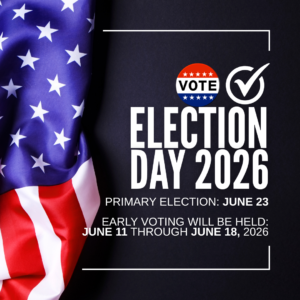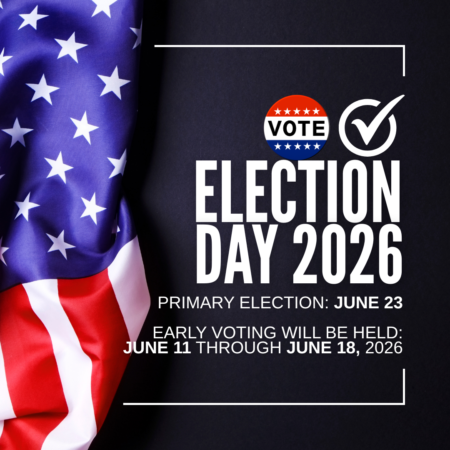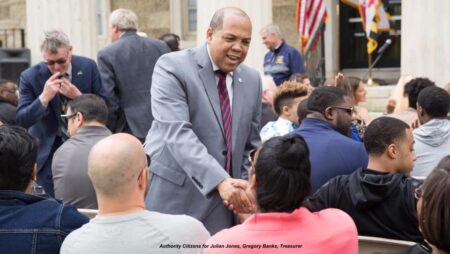Cardin points to new program for underserved harbors as highly important to state’s smaller navigation channels and harbors in need of dredging
Senator also highlights newly established statewide authorization for Corps to provide assistance on environmental infrastructure to Maryland communities
(WASHINGTON – July 28, 2022) – U.S. Senator Ben Cardin (D-MD) today applauded the bipartisan passage of the Water Resources Development Act of 2022 (WRDA), a bill that provides crucial authorizations for the U.S. Army Corps of Engineers and enables the agency to engineer better solutions for our nation’s toughest water resources challenges. The bill passed by a vote of 92-2.
“WRDA is extremely important for Marylanders because it provides crucial project authorizations and guidance for the Army Corps, whose work is vital to keeping commerce flowing on our waterways, restoring our aquatic ecosystems, and helping our communities deal with the risks of flooding,” said Senator Cardin, Chair of the Senate Environment and Public Works Transportation and Infrastructure Subcommittee. “Maryland has challenges in each of these areas and is actively partnering with the Corps to address them. From the Port of Baltimore to the transformational Mid-Bay Island Ecosystem Restoration Project, the Army Corps plays a key role in Maryland’s economy and the environment alike. So it is of critical importance that we provide direction and resources to the Corps for getting these big jobs done.”
The Army Corps’ role in keeping shipping channels navigable is essential to our economy. More than 99 percent of U.S. overseas trade volume moves through coastal channels that the Corps maintains. The Senate-passed WRDA measure facilitates the timely completion of much-needed improvements to the country’s inland waterways system, addresses the harbor deepening and maintenance needs of commercially significant ports, and authorizes new avenues for providing assistance to underserved community harbors that are critical to local and regional economies as well as their cultural heritage and identity.
“For years I have advocated for the Corps to expand maintenance activities in smaller waterways and harbors throughout Maryland, but existing policy and funding constraints limited the agency’s ability to prioritize harbors that see smaller volumes of freight. These new provisions will allow the Corps to more fully assess the significance of harbors to their communities and make decisions based on their local and regional significance, not only their cargo totals,” said Senator Cardin. “In doing so, the newly passed WRDA bill adds new perspective to the Army Corps’ thinking so that the Chesapeake Bay is fully understood not just as an artery for commerce, but as a national, environmental treasure that is home to living waterfronts that support a variety of community economic and nature-based activities.”
Another major improvement contained in the Senate-passed WRDA legislation is a new statewide authorization of $100 million for Army Corps assistance to Maryland on environmental infrastructure.
“This authorization will help communities across Maryland deal with the impacts of aging infrastructure,” said Senator Cardin. “It will also help Maryland move forward on a backlog of critical repairs and upgrades to water supply, wastewater, and stormwater infrastructure.”
Also significant is the authorization of additional resources for the Army Corps to expand its outreach efforts for its Planning Assistance to States program.
“Maryland communities can benefit from the technical assistance on water infrastructure projects that the Corps provides, but local leaders may not be aware that this support exists or how to access it,” said Senator Cardin. “The expanded funding for the Corps to conduct outreach will increase awareness of the agency’s expertise and ultimately elevate the quality of water infrastructure projects and partnerships with the Corps throughout our great state.”
Finally, this year’s WRDA bill recognizes the realities of climate change by authorizing the Corps to partner with communities in addressing risks of extreme weather such as unprecedented rainfall events, protecting shorelines, and mitigating drought conditions.
Having both passed WRDA legislation this year, the Senate and the House of Representatives will now work to reconcile differences between the two versions before moving towards final passage and to President Biden’s desk.










